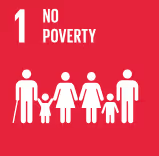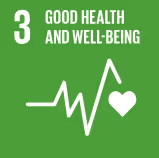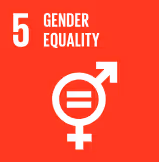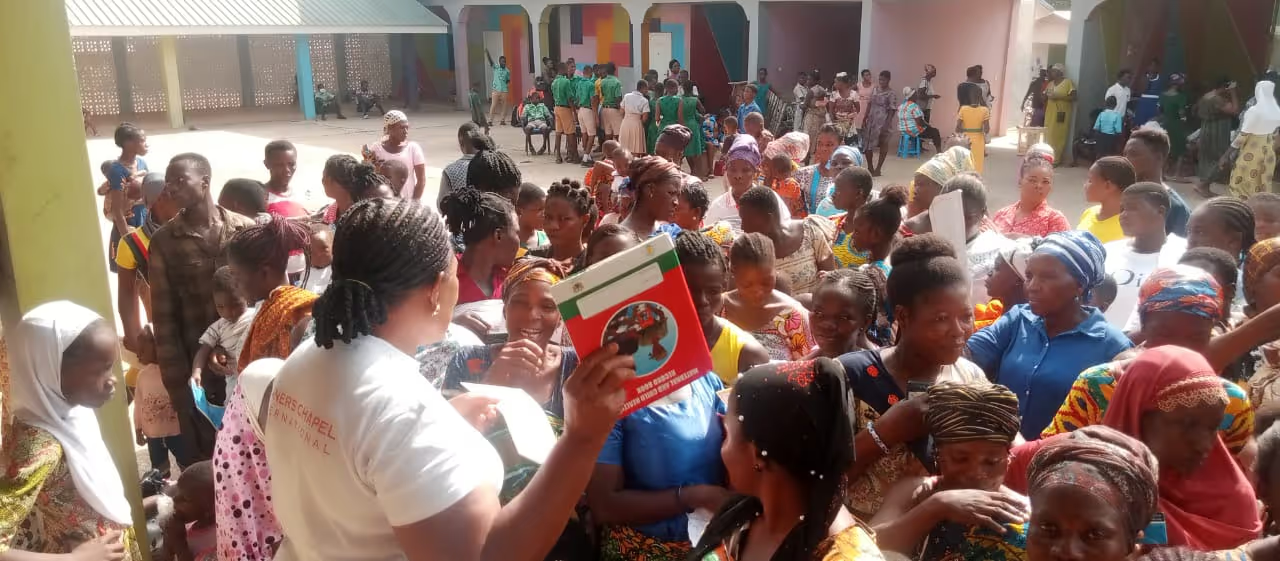The challenge
Communities along the Volta Lake face overlapping health challenges worsened by climate and poverty. Malaria remains one of the most persistent threats, with stagnant waters creating breeding grounds for mosquitoes. At the same time, many families lack access to affordable healthcare, leaving them vulnerable to treatable conditions. Women, especially expectant mothers, also face risks due to limited knowledge of maternal health and reproductive rights. Without intervention, these challenges perpetuate cycles of ill health, poverty, and inequality.
The Intervention & What We Achieved
In response, WCNDF launched a comprehensive health and empowerment initiative across the South and North Dayi Districts. The program combined prevention, access, and education into a single package designed to strengthen community resilience.
As part of the intervention, the CEO of WCNDF personally led the distribution of treated mosquito nets to families in Dzemeni and Tongor communities, significantly reducing exposure to mosquito bites and lowering malaria risks. At the same time, thousands of residents were registered onto the National Health Insurance Scheme (NHIS), breaking down financial barriers to healthcare and ensuring that treatment is accessible when illness strikes.
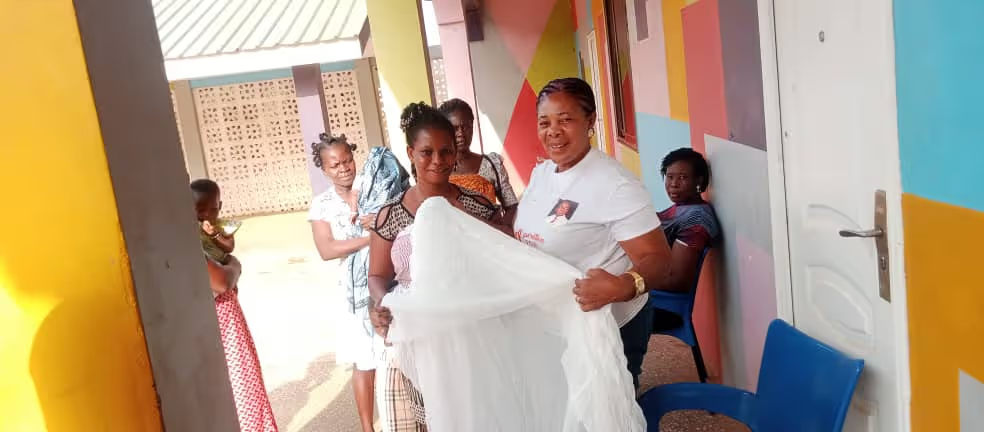
Beyond prevention and access, the program also prioritized education. In Sovie and Dzemeni communities, beneficiaries participated in targeted training sessions on maternal health and sexual and reproductive health. These sessions not only provided lifesaving knowledge to women but also empowered families to make informed choices about their health and well-being. Together, these actions formed a holistic approach to protecting lives while building long-term awareness and resilience.
